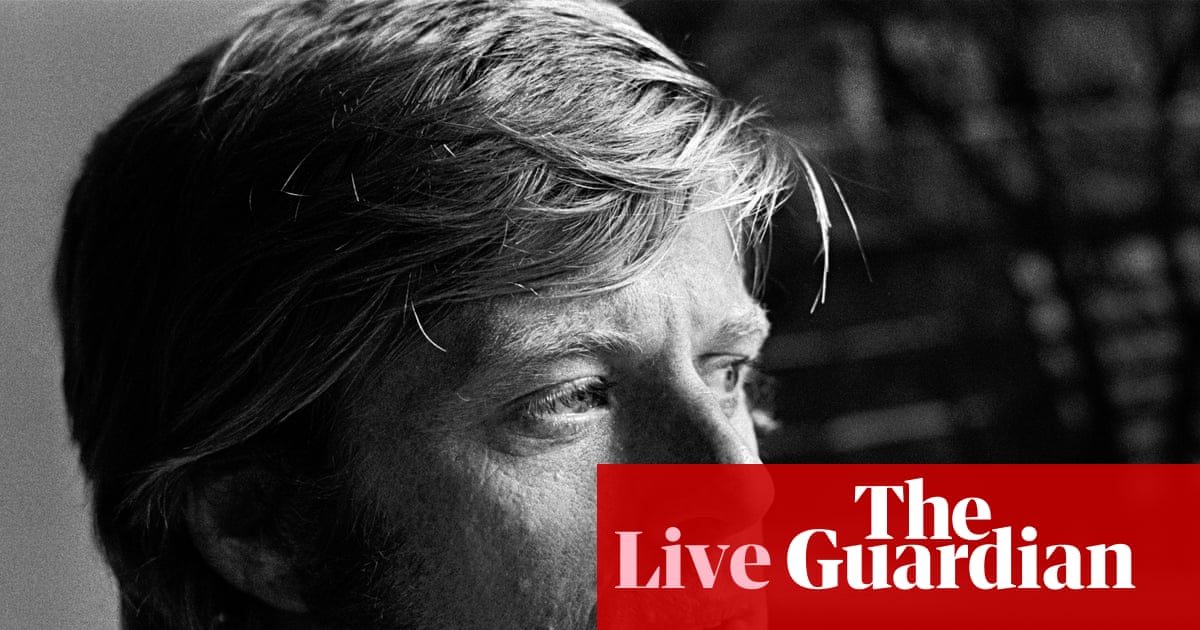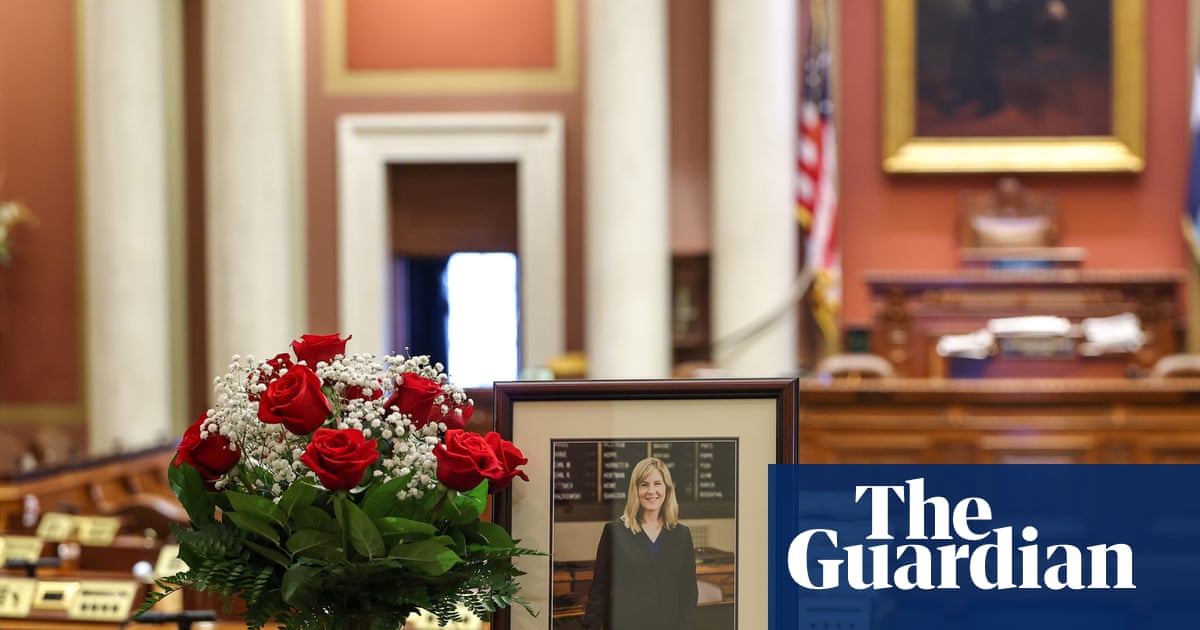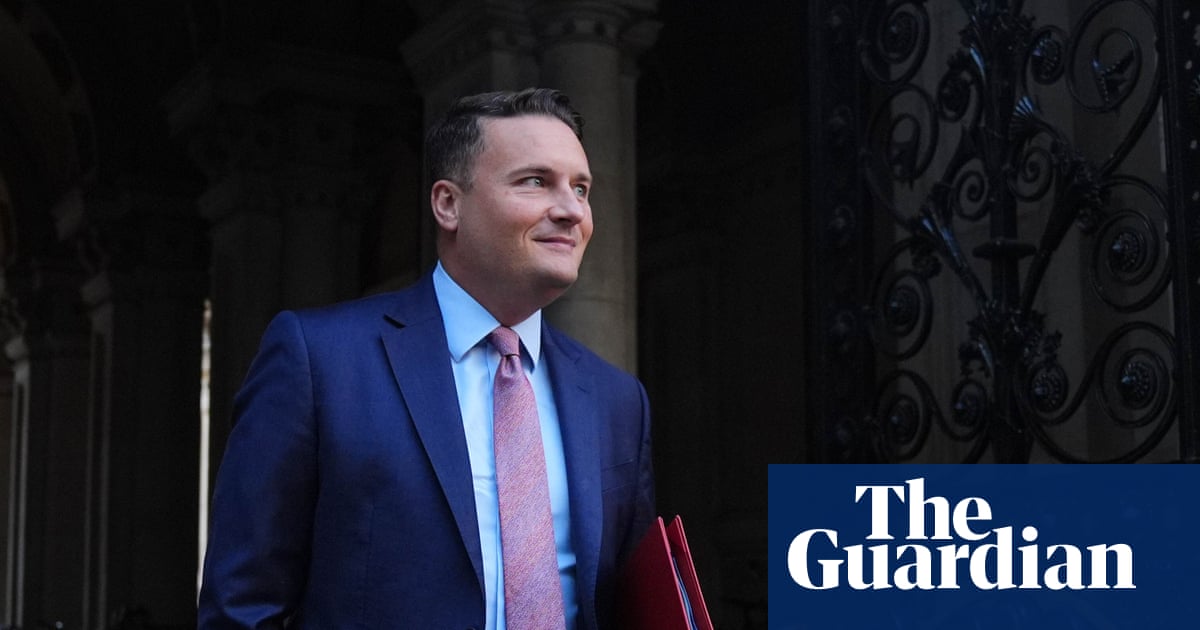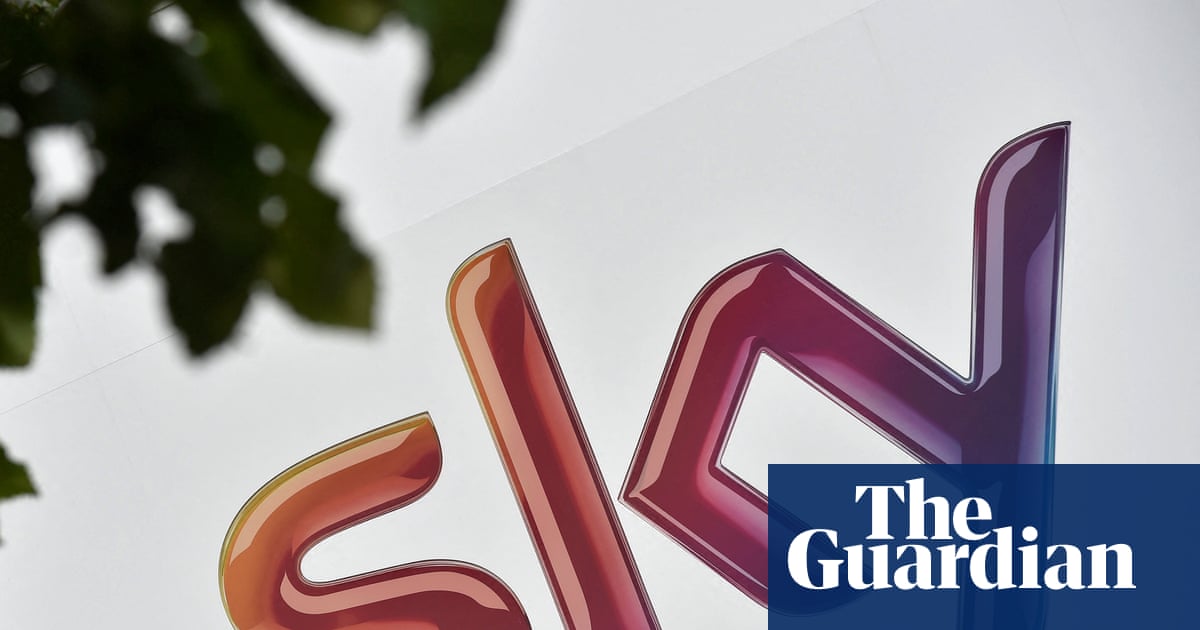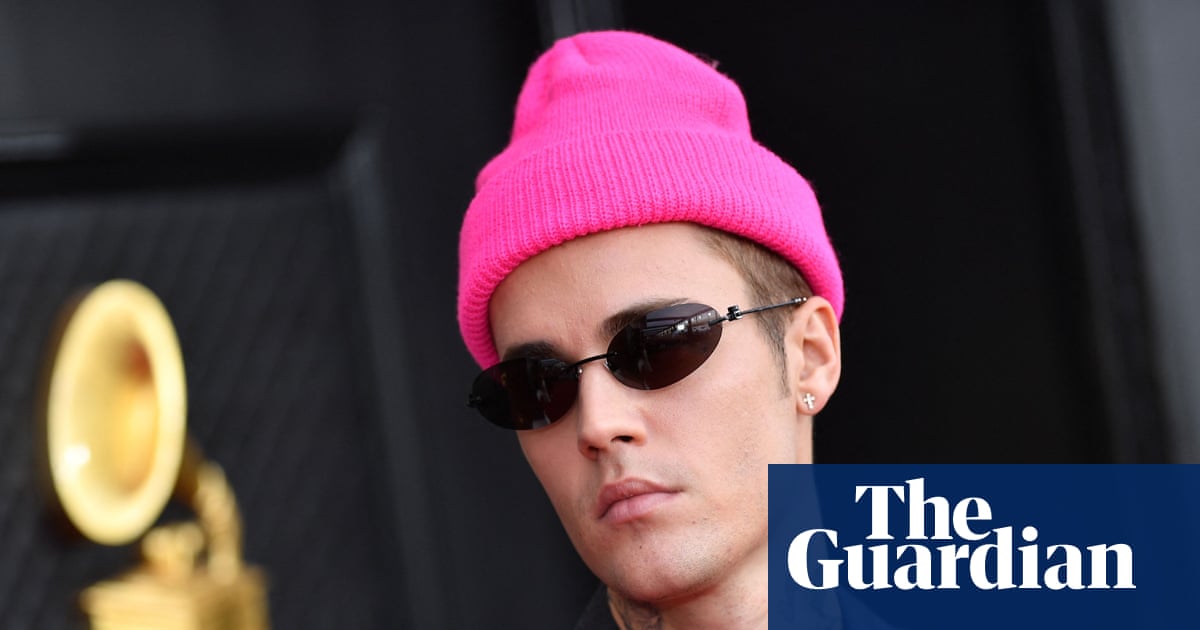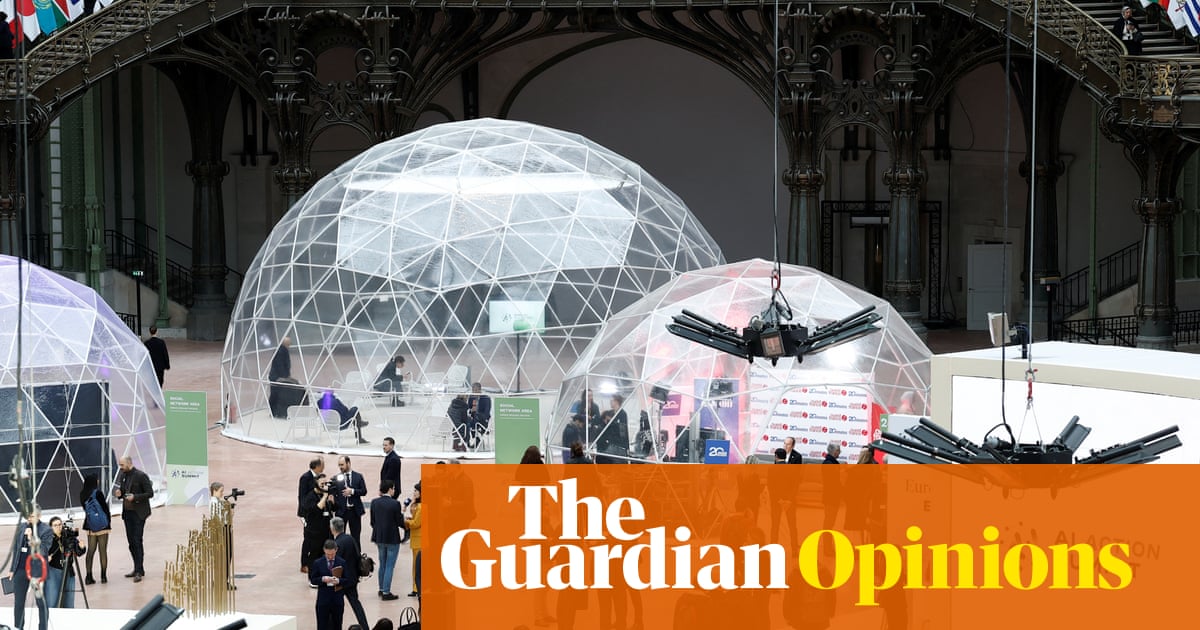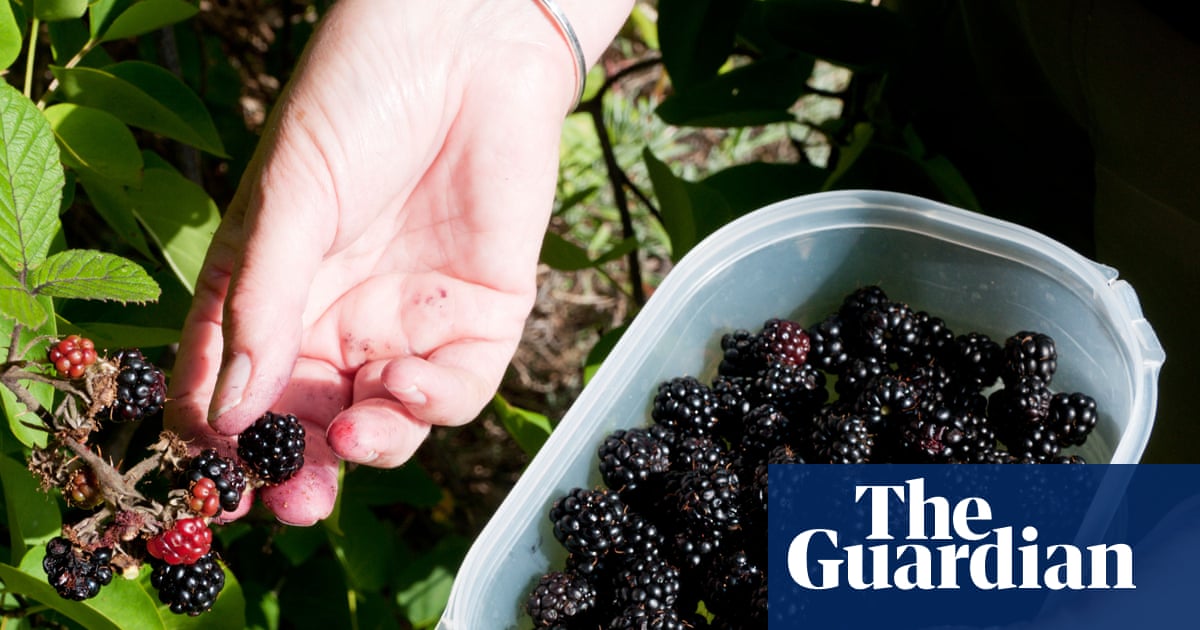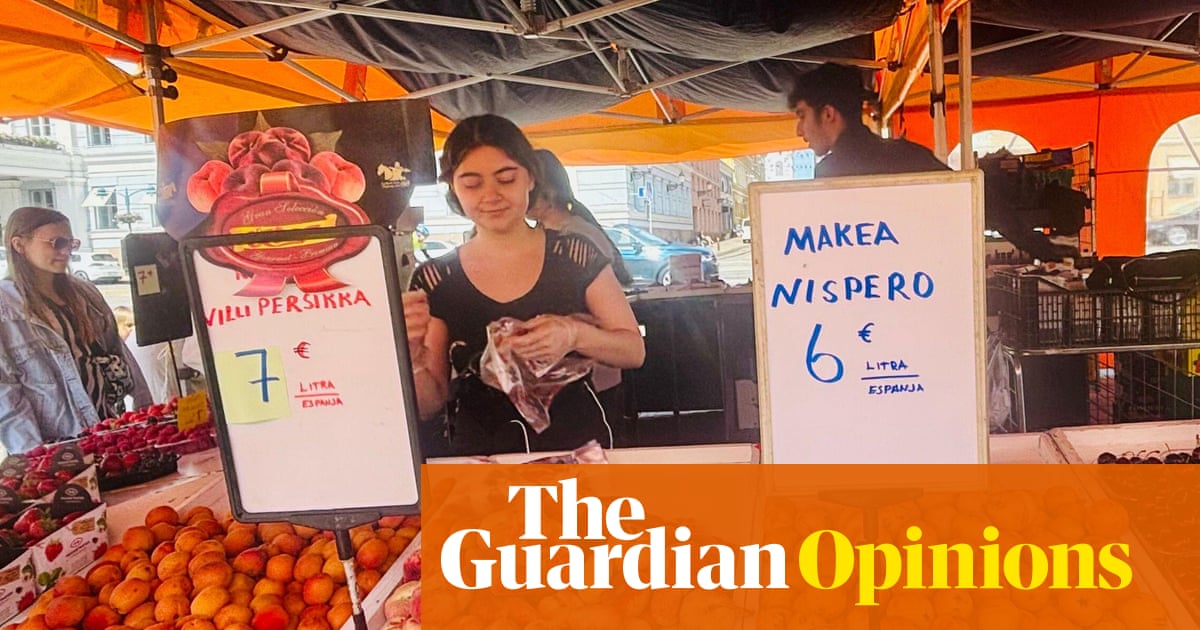The UK is on the brink of signing a £1.6bn trade agreement with Gulf states, amid warnings from rights groups that the deal makes no concrete provisions on human rights, modern slavery or the environment.
The deal with the Gulf Cooperation Council – which includes the countries Bahrain, Kuwait, Oman, Qatar, Saudi Arabia and the United Arab Emirates – is within touching distance, making it a fourth trading agreement by Keir Starmer after pacts were struck with the US, India and the EU.
The UK has said it hopes the deal will eventually add an extra £8.6bn a year to trade between the UK and GCC countries by 2035. Sources close to the negotiations in the oil-rich region said the deal was now at its final stages and they expected UK agreement imminently.
The deal is likely to be particularly beneficial for the car industry and financial services, though estimates suggest that a free trade agreement would be worth less than 0.1% of GDP over the next decade.
However, there is likely to be a backlash over a deal on chicken imports, where lower animal welfare standards could significantly undercut British farmers.
The TUC is among those who have urged caution over the deal and has raised concerns with ministers, the Guardian understands.
Human rights groups have previously said the UK should not finalise a free trade agreement without legal commitments on human rights improvements, especially for migrant workers.
They said that the UK and GCC should have strong human rights conditions in any future agreement and the UK should provide its own independent impact assessment transparently on the potential consequences of deepening trade ties.
Another source close to the talks suggested that though there were likely to be some language around human rights as part of the commitments, there were no legal obligations involved.
A spokesperson for the Department for Business and Trade said: “Negotiations on a trade deal with the GCC are ongoing. Our priority is to get the right deal, and we’re not setting a deadline.” A departmental source said there was a possibility a pause would be needed for Eid al-Adha, which begins on 6 June.
The UK-GCC trade agreement is also likely to have an impact on the UK’s net zero ambitions, with all six GCC countries ranking in the top 10 per capita for carbon emissions.
The TUC’s general secretary, Paul Nowak, said: “The TUC has raised concerns directly with ministers about a trade deal with the Gulf states and we will continue to do so.
“Our view on trade deals is consistent – the government should not agree deals with countries that abuse human rights and workers’ rights, and violate international law. It was right for the government to suspend trade talks with Israel.
“We will continue to make the case with ministers for a trade agenda with workers at its heart – and to press the issue of labour standards and human rights in the Gulf states and other countries.”
Tom Wills, the director of the Trade Justice Movement, said: “The UK-GCC trade deal is a values-free agreement that will offer minimal benefit to the UK economy while signalling that human rights and environmental protections are not a priority in UK trade policy.
“The government has chosen to finalise this deal without publishing a human rights impact assessment, securing binding commitments on labour rights or environmental standards, or allowing parliament any meaningful scrutiny. It’s a continuation of a secretive, short-term approach to trade that puts corporate access above public values.”
Wills said that warm words around rights in the deal would still mean it fell short of comparable standards. “When we see progressive language in a trade deal – around supporting workers or the environment – we always ask the same question: is it binding? Will there be consequences for failing to uphold standards? If not, these warm words aren’t worth the paper they’re written on,” he said.
Ministers are also likely to face a backlash from the National Farmers’ Union over the agricultural aspects of the deal. Industry figures told the Guardian that the deal could include uncapped access for chickens if the imports met hygiene standards.
Those standards do not cover welfare, sparking alarm among farmers who have recently had to meet new, higher requirements under British law.
Negotiations have been led by trade minister Douglas Alexander, who is set to conclude work started under the Conservatives, which was once seen as a more concrete prospect than the India deal, signed a fortnight ago. Alexander is expected to meet his counterpart for final signoff.
The previous trade minister Anne-Marie Trevelyan had promised in parliament that the deal “will not come at the expense of human rights”.
MPs have pointed out that there is precedent for including rights concerns in trade deal, such as the chapter on Indigenous peoples in the New Zealand deal which makes commitments on their part in their nation’s future progress.
Nick Thomas-Symonds, who was then shadow trade secretary, said in opposition that it was “crucial that human rights, women’s rights and workers’ rights are embedded in UK trade negotiations”.
But in the most recent exchanges under the Labour government, Lords trade minister Baroness Jones said that although the UK was a “leading advocate for human rights around the world … this work takes place separately to negotiations on free trade agreements.
“While aspects of trade policy can provide the opportunity to address other issues in a bilateral relationship, free trade agreements are not generally the most effective or targeted tool to advance human rights issues,” she told the Lords last year.
The UAE trade minister Dr Thani bin Ahmed al-Zeyoudi told Politico in 2023 that the UK and other western countries must “tone down” standard human and workers’ rights provisions in trade deals “if they want more market access and more business opportunities”.
Trade with the bloc is worth about £59bn a year, according to government estimates, as the UK’s seventh-largest export market, with a trade deal expected to increase trade by about 16%. Individual Gulf states could also pursue their own deeper partnerships with the UK and sovereign wealth funds in Gulf nations including Saudi Arabia and the UAE have been some of the biggest foreign investors in the UK.
The trade secretary, Jonathan Reynolds, and Alexander chose the Gulf for their first joint international visit after the election. Starmer visited Saudi Arabia in December.
The UK has previously pledged that the deal will not compromise environmental, public health, animal welfare and food standards, made all the more pressing because of the agrifoods deal the UK hopes to seal with the EU in the coming months. The NHS and health services are excluded from the deal.
Technology, innovation and financial services will form a key part of the deal which is also likely to have some work and visa provisions for businesspeople from both the UK and the Gulf states – another area that could provoke attack from the Conservatives and Reform, though most of the deal was negotiated under the Tories.
Joey Shea, a Saudi Arabia and UAE researcher at Human Rights Watch, said: “Finalising a UK-GCC trade agreement without concrete rights protections would be a grave mistake with grim consequences for migrant workers across the Gulf.”
Polling conducted by the Trades Justice Movement in November 2024 suggested there was public opposition to the deal, with just 21% of people in favour.
The TUC previously submitted evidence during the Conservative negotiations over the deal, saying that the “kafala” system – which involves binding migrant workers to a specific employer – had entrenched modern slavery and exploited millions of migrant workers.

.png) 3 months ago
61
3 months ago
61
